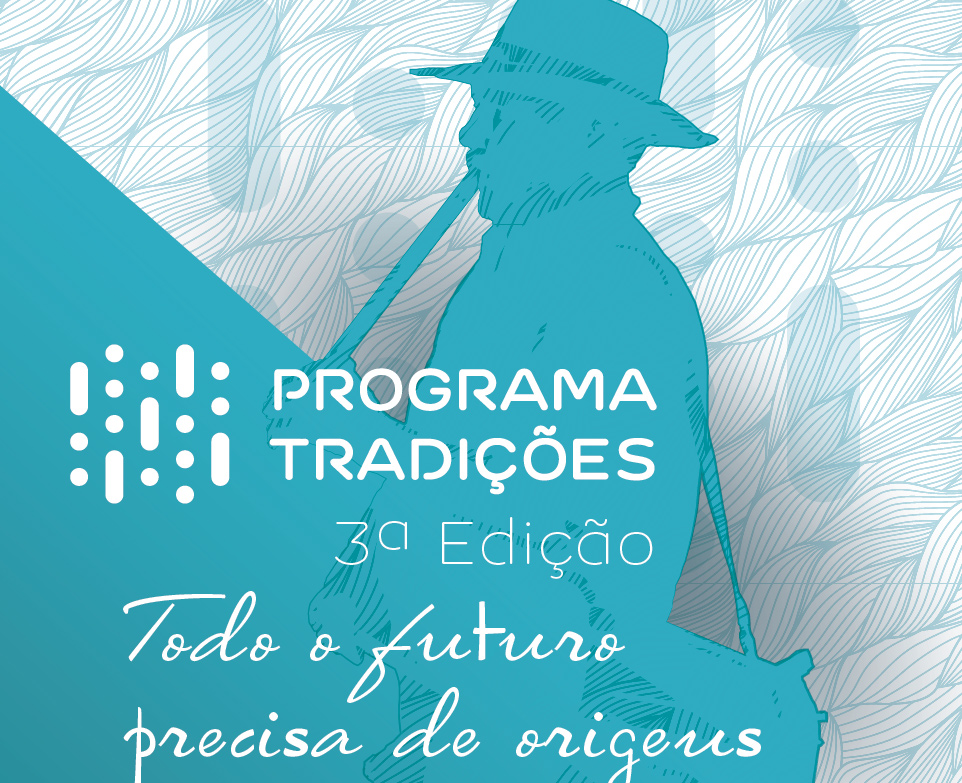
EDP launches 3rd edition of cultural support program

Traditions Program will award €250,000 to the best folk culture projects
EDP is about to launch another biennial edition of the Traditions Program, which sponsors the most genuine folk traditions by awarding up to 250,000 to the best projects. Applications for this 3rd edition will be open from September 3 until September 17.
The 2018 Traditions Program will partner with the European Year of Cultural Heritage, an EU initiative that aims to draw attention to the role of culture and heritage in the socioeconomic development of Europe and its foreign relations, and to encourage EU citizens to celebrate common European values.
The purpose of the program is to celebrate vernacular cultures/traditions by encouraging the self-esteem of local communities; contribute to the creation of new audiences by ensuring that young generations appreciate and assimilate folk arts and knowledge, thus preventing their extinction; and promote regional development as a way of combating the desertification of the hinterland.
Applicant projects must comply with these objectives and focus on the regions where EDP operates, totaling 94 municipalities. The application form and competition rules will be available at http://www.a-nossa-energia.edp.pt.
Over the last 4 years, EDP has funded 23 projects by granting 400,000, leveraging more than 1 million. Overall, 108,600 program beneficiaries impacted 27 municipalities.
Last year's winners include a recovery and innovation program for traditional crafts (ZBIO) and a tinsmithery promotion project.
The purpose of the former is to promote the welfare of animals and people by using donkeys as a therapeutic tool and recovering traditional crafts associated with donkeys. Crafts such as blacksmithery, saddlery and weaving have always been closely linked to rural society, and their products have always been intimately associated with asinines. To achieve these goals a training initiative was held, from which a new apprentice was born, as well as a website to publicize the project.
As for tinsmithery, it was until recently a common activity in the Algarve. Almost every municipality had several master craftsmen who created utilitarian tinplate or galvanized/tinned steel plate pieces such as buckets, cruets, showers, or oil cans. The goal of this program was to revive tinsmithery traditions by means of training workshops, public awareness campaigns, ethnographic notations, and the development of products incorporating market-oriented design solutions. These initiatives reactivated the community's relationship with the craft, documented it, and revitalized it across the region.
To demonstrate the program's potential and national relevance, a special report was prepared which can be seen here: